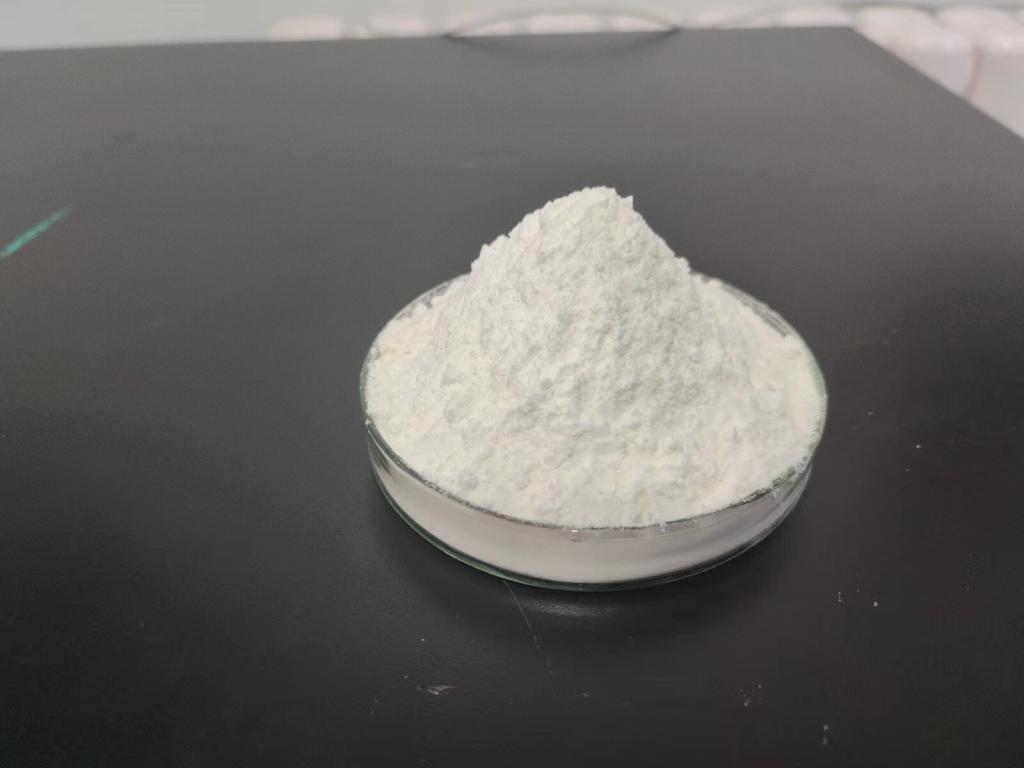Tel:+8618231198596

News
 CONTACT
CONTACT
 CONTACT
CONTACT
- Linkman:Linda Yao
- Tel: +8618231198596
- Email:linda.yao@dcpharma.cn
- Linkman:CHARLES.WANG
- Department:Overseas
- Tel: 0086 0311-85537378 0086 0311-85539701
News
Current Position:
Home >
News
>The use of ε-Polylysine hydrochloride in reducing microbial contamination.
The use of ε-Polylysine hydrochloride in reducing microbial contamination.
TIME:2023-08-24
Microbial Contamination in Plant-Based Milk Alternatives
Microbial contamination in plant-based milk alternatives can arise from various sources, including raw ingredients, processing equipment, and storage conditions. Pathogenic bacteria and spoilage microorganisms such as yeasts and molds can compromise product safety and shelf life. Contaminated products pose risks to consumer health, damage brand reputation, and lead to economic losses for manufacturers.
ε-Polylysine Hydrochloride: A Natural Antimicrobial Solution
ε-PL is an antimicrobial peptide produced through bacterial fermentation, primarily derived from Streptomyces albulus. It is composed of lysine residues linked by peptide bonds. The antimicrobial activity of ε-PL stems from its ability to disrupt bacterial cell membranes, ultimately leading to cell death. This unique mode of action positions ε-PL as a valuable tool in preventing microbial contamination in various food products.
The Antimicrobial Potential of ε-PL
Mechanism of Action: ε-PL disrupts bacterial cell membranes, affecting vital cellular processes and preventing bacterial growth.
Broad-Spectrum Efficacy: ε-PL exhibits antimicrobial activity against a wide range of microorganisms, including both Gram-positive and Gram-negative bacteria.
Reduced Resistance Development: Due to its unique mode of action, ε-PL is less likely to induce microbial resistance compared to traditional antibiotics.
Applications of ε-PL in Plant-Based Milk Alternatives
Microbial Control: Incorporating ε-PL into plant-based milk alternatives can effectively inhibit the growth of pathogenic bacteria, yeasts, and molds that cause spoilage and compromise product safety.
Extended Shelf Life: ε-PL's antimicrobial effects can extend the shelf life of plant-based milk alternatives, allowing manufacturers to offer products with longer expiration dates.
Preservation without Compromising Quality: Unlike heat treatments or synthetic preservatives, ε-PL can preserve the sensory attributes and nutritional content of the products, maintaining their appeal to consumers.
Clean Label Ingredient: ε-PL's natural origin aligns with consumer preferences for clean-label and minimally processed foods.
Benefits and Considerations
Benefits of Using ε-PL:
Enhanced Food Safety: ε-PL's ability to control microbial contamination improves the safety of plant-based milk alternatives, reducing the risk of foodborne illnesses.
Quality Retention: By inhibiting microbial growth, ε-PL helps maintain the flavor, texture, and overall quality of the products.
Versatility: ε-PL can be effectively applied to various types of plant-based milk alternatives, accommodating different formulations.
Considerations:
Regulation: Clear regulatory guidelines are necessary to ensure the safe and appropriate usage of ε-PL in food products.
Consumer Perception: Educating consumers about the safety and benefits of ε-PL is essential to gain their trust and acceptance.
Dosage Optimization: Determining the optimal concentration of ε-PL to achieve desired antimicrobial effects without affecting product quality is important.
Conclusion
Plant-based milk alternatives have revolutionized the beverage market, offering diverse options for health-conscious and environmentally aware consumers. However, ensuring the safety and quality of these products remains a priority. The application of ε-Polylysine hydrochloride emerges as a promising strategy to mitigate microbial contamination, enhance food safety, and extend shelf life without compromising product attributes. As the demand for plant-based alternatives continues to rise, manufacturers have an opportunity to harness ε-PL's natural antimicrobial potential to provide consumers with safe, high-quality, and delicious plant-based milk alternatives. To fully realize these benefits, collaboration among researchers, manufacturers, and regulatory bodies is essential in advancing the use of ε-PL in the plant-based food industry.
- Tel:+8618231198596
- Whatsapp:18231198596
- Chat With Skype







